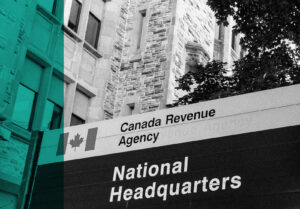If your Canadian clients own foreign bank accounts or hold foreign securities, their updated T1135 forms (for 2013 tax reporting) are due on July 31, 2014.
“The good new is there have been some streamlined reporting rules [put] in place for 2013,” says Jamie Golombek, managing director of Tax and Estate Planning with CIBC Wealth Advisory Services.
Now clients are only required to state the total fair market value of foreign securities, including the value of foreign securities they own through Canadian-based broker dealers.
Read:
FATCA tips
FATCA has been in effect since July 1, 2014.
As well, “FATCA is something we’ve been warned about for many years, and is something we’ve been talking to advisors and clients about,” says Golombek. Its implementation “stems from the U.S. requirement for foreign institutions such as banks and life insurance companies to start keeping records on U.S. citizens or taxpayer clients.”
Read:
He adds, “Under the intergovernmental agreement, the information [of clients who pay U.S. taxes] is now shared with the CRA, who in turn share it with the IRS. So the message is clear: If someone is a U.S. person—a citizen or a green card holder, and there are also other categories—they have an obligation to file a U.S. tax return every year,” along with information about foreign bank accounts and trusts.
That’s why it’s key to consider whether any clients who pay U.S. taxes have Canadian registered accounts, such as TFSAs, RESPs and RDSPs, since Golombek notes the IRS considers these accounts as foreign trusts.
Read: IIAC aims to ease FATCA burden
And while Canadian registered accounts are exempt from FATCA reporting, he adds, clients may still need to pay tax and submit specific documentation if the IRS doesn’t allow tax deferrals.
Read: FATCA hurts Canadians’ privacy
Ultimately, you need to help people who are considered U.S. persons by the IRS, especially over the next year and a half, suggests Golombek. Over that period, the IRS will likely be proactive about “charging severe penalties if [people] fail to file or disclose information.”
To start conversations, try reminding clients that the U.S. differs from Canada in that tax reporting is required based on near-citizenship rather than on residency.
Read:
IRS gives expats another chance to come clean



